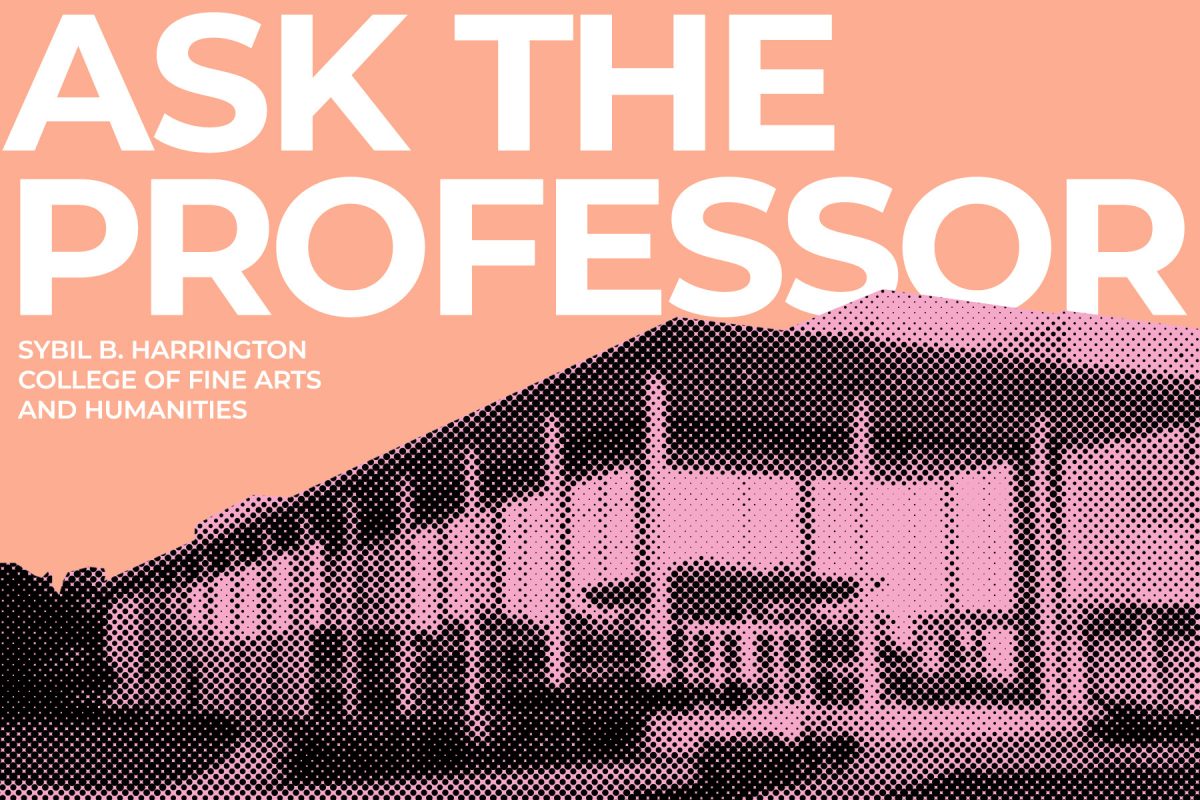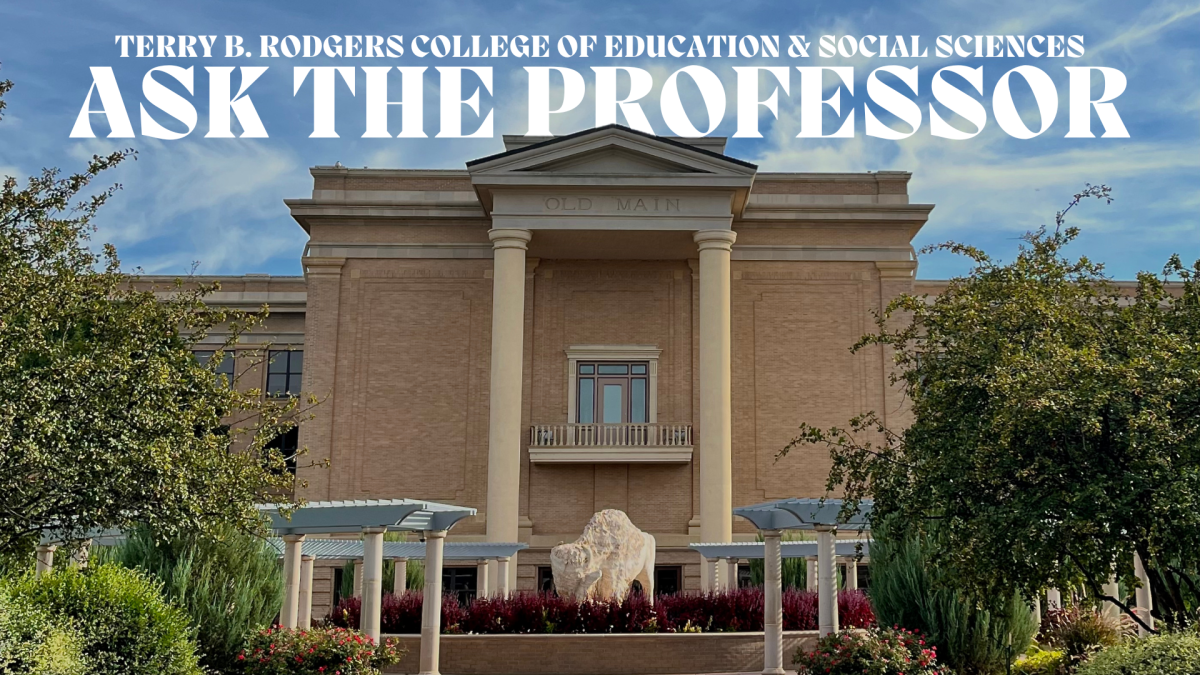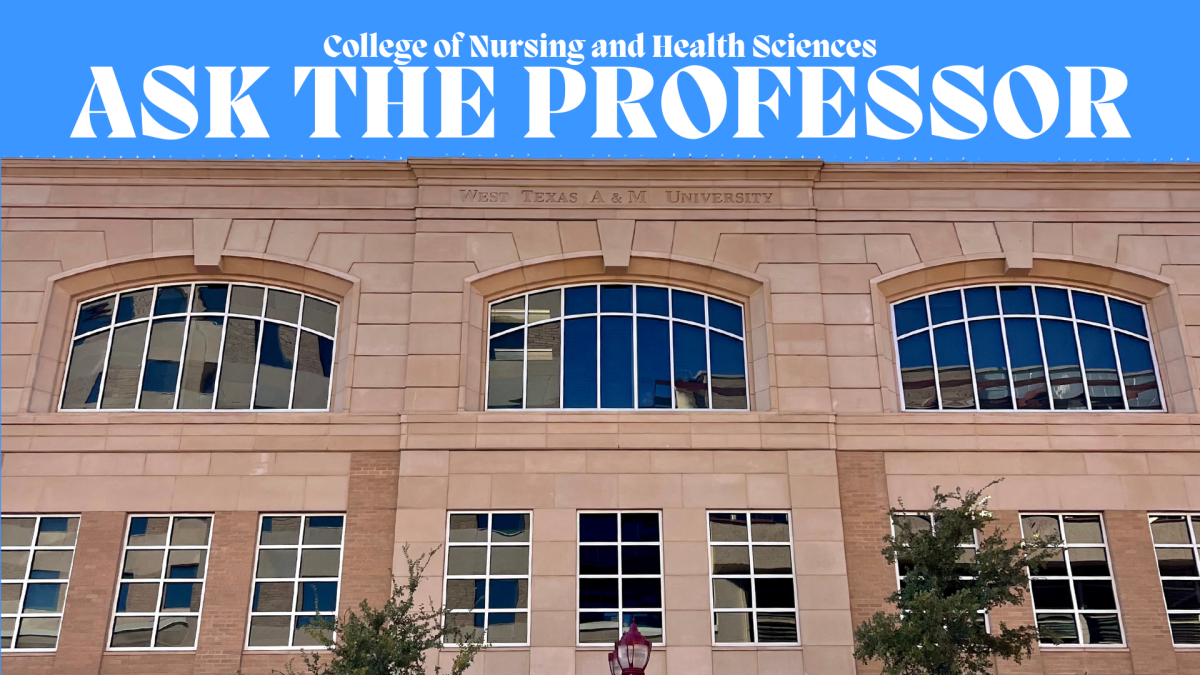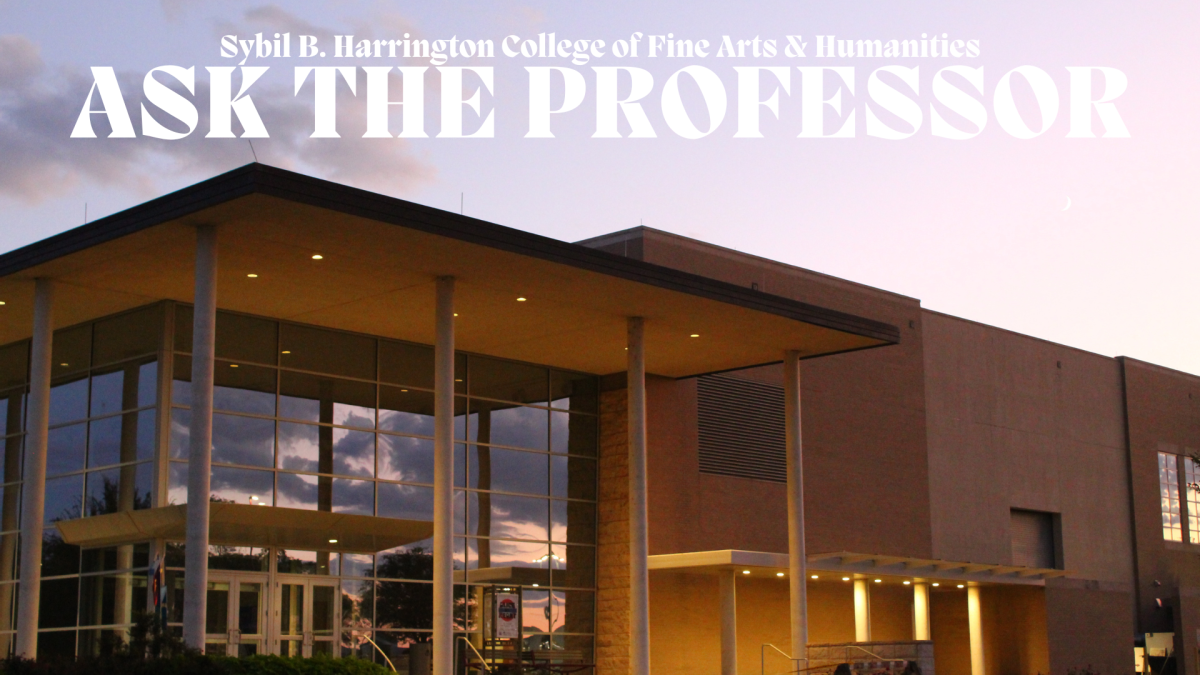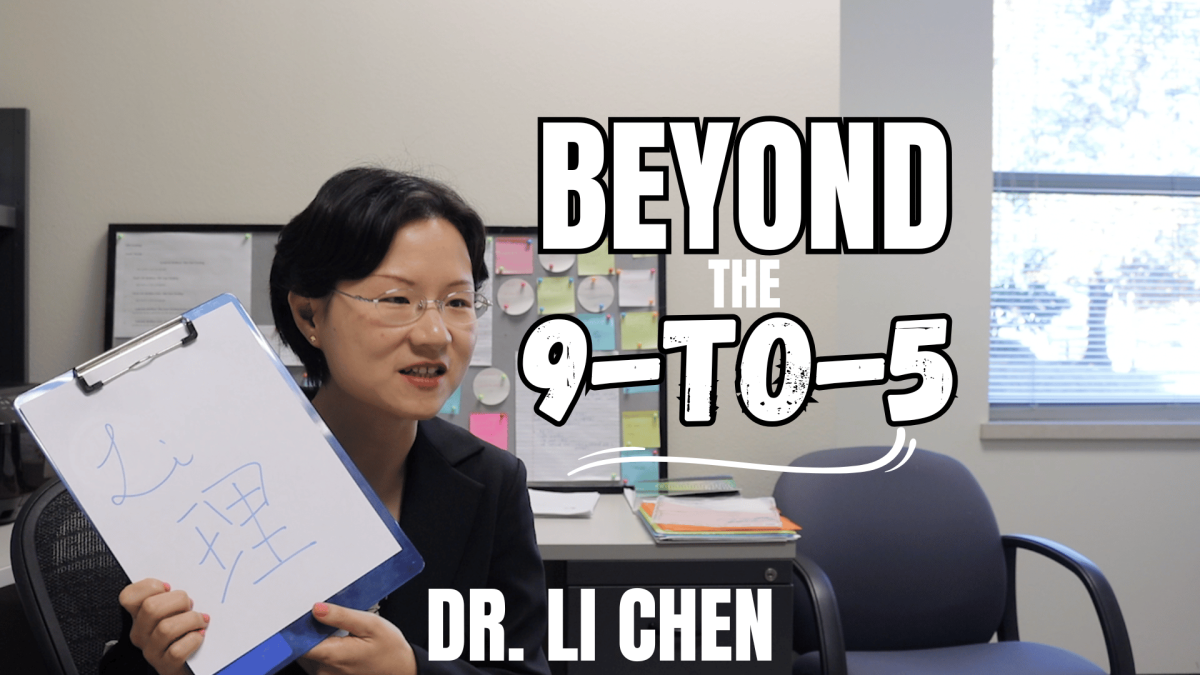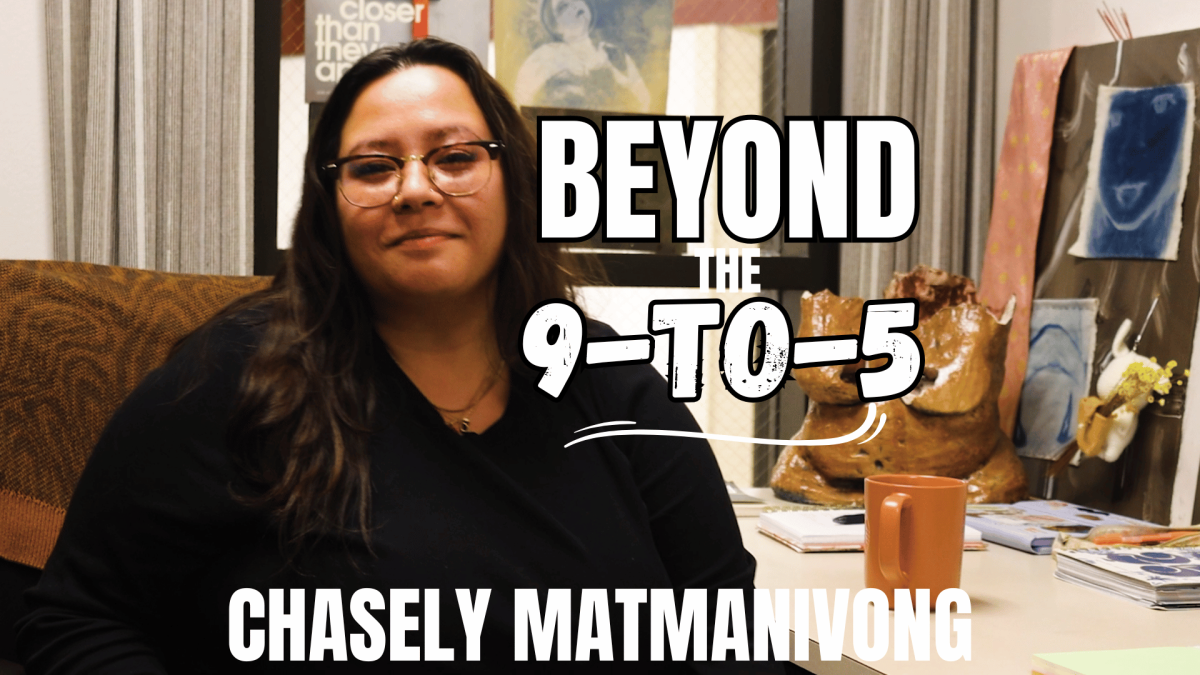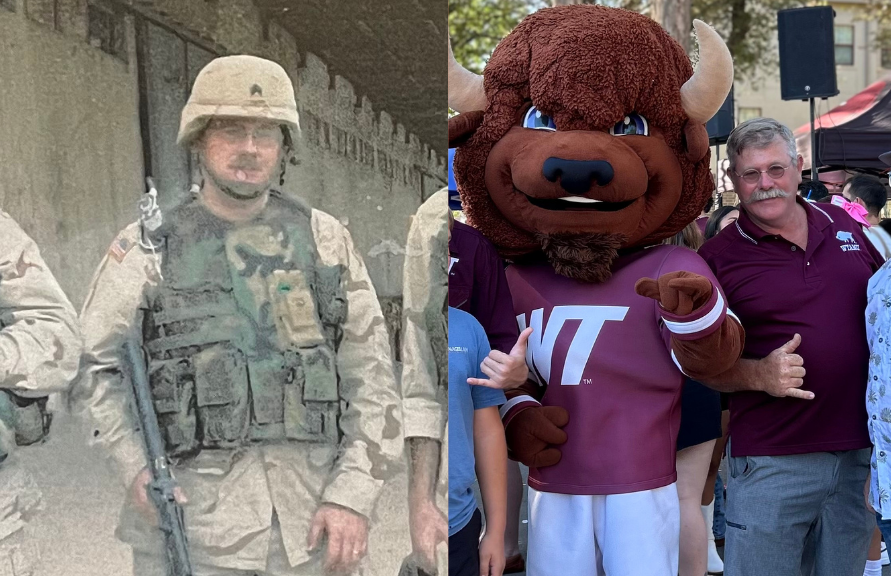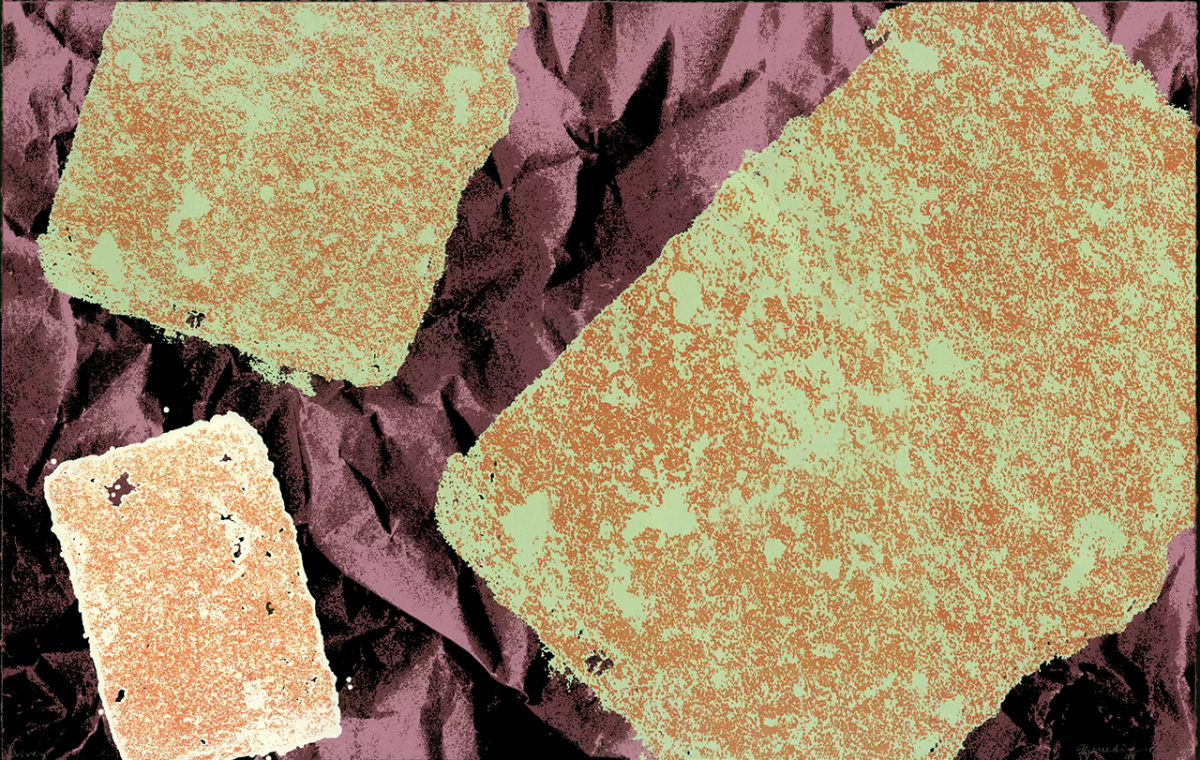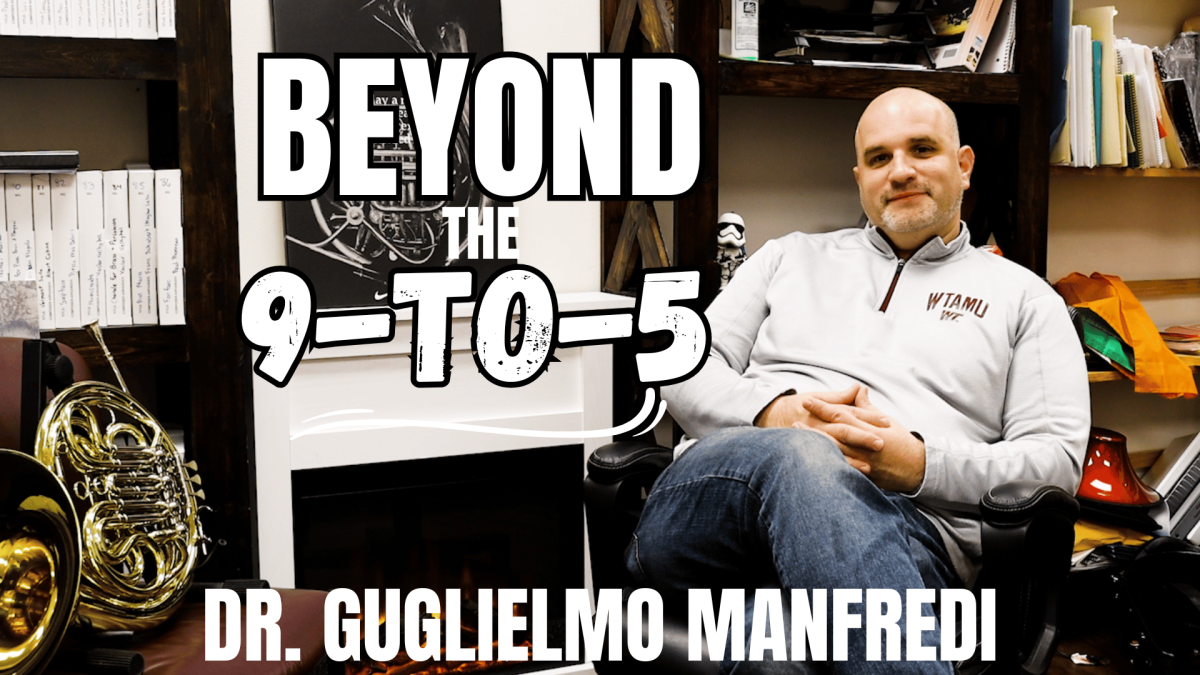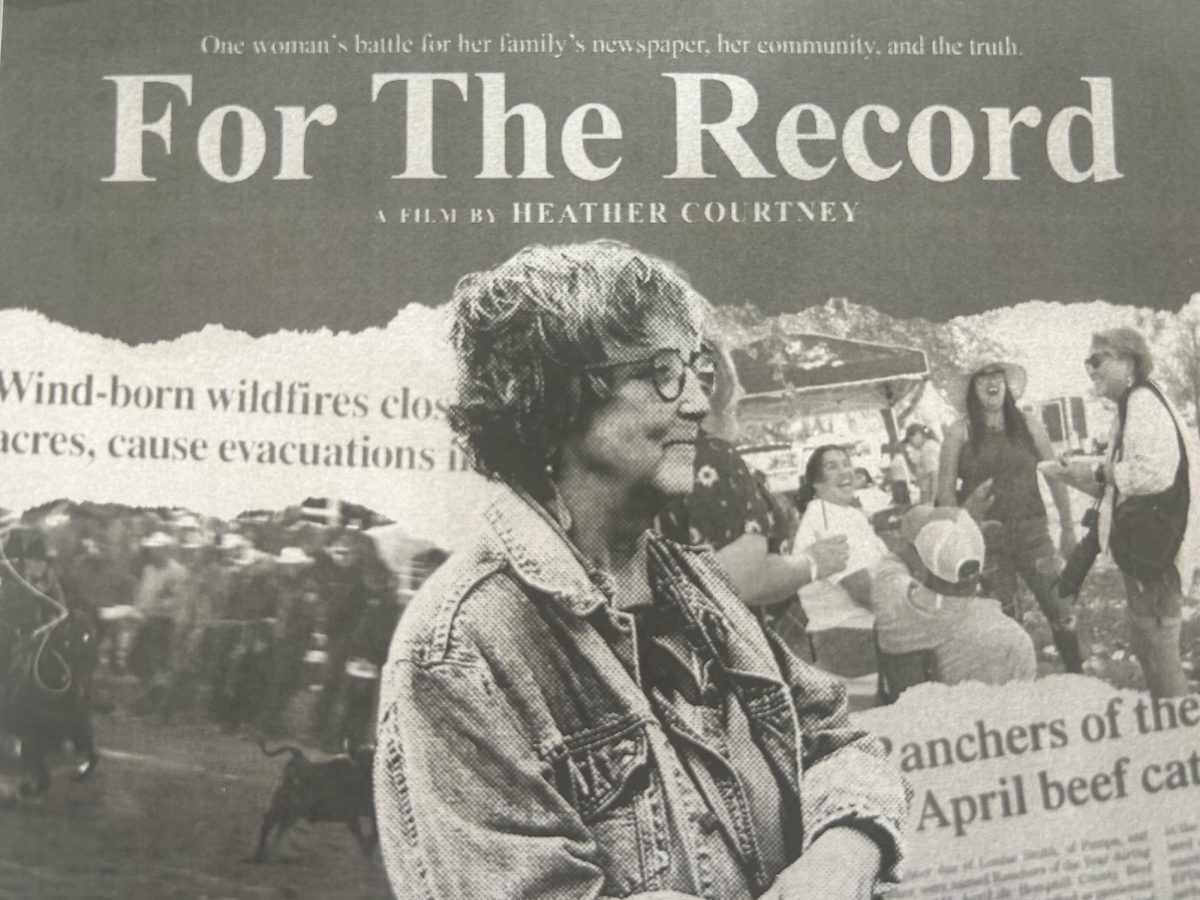Associate Professor Dr. Brian Ingrassia teaches a number of history courses at the Department of History in the Sybil B. Harrington College of Fine Arts and Humanities, including a variety of American history surveys, U.S. Sport History and courses on modern American history from the Gilded Age and Progressive Era.
Dr. Ingrassia didn’t begin studying sports history out of pure fandom, but because he thought that sports could offer an interesting insight into other parts of American history.
“I started out being interested in the history of higher education,” Dr. Ingrassia said. “And I wrote a dissertation on the history of college football, but I was more interested in the college side of things. And then what happened is that came out as a book about the history of college football. And I started teaching those courses and I won an award for sport history. And then, I found a second project about auto racing. I migrated from things like the history of higher education and urban history, then into things like sport history, so it’s a really fun topic.”
Dr. Ingrassia’s fields of historical interest are varied; in addition to sports history, he specializes in the Gilded Age and Progressive Era.
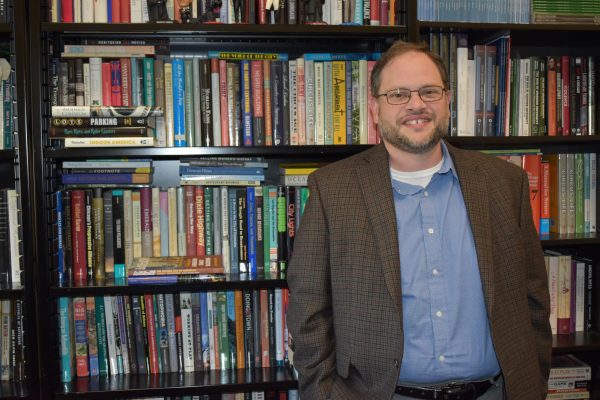
“I do a lot of sport history stuff, but I also do a lot with the Gilded Age and the Progressive Era,” Dr. Ingrassia said. “I just recently started as the co-editor of a journal called the Journal the Gilded Age and Progressive Era. And so, I’m heavily invested in that time period. But I also really love the work I do in sport history and regional history and things like that. I do also edit a series at the University of Tennessee Press, a book series on sport history.”
Dr. Ingrassia’s current research is on urban planning and the “good roads” movement of the late 1900s.
“I have a book coming out about the Indianapolis Motor Speedway and kind of tying that into the history of cars and urban planning and infrastructure and things like that,” Dr. Ingrassia said. “So, kind of more generally what I’m doing in my research, but also something I have to stress in my teaching too, is the ways that we we’ve constructed society around transportation networks and education, educational systems, we might say, in such a way that that sport has become a really integral part of modern society.”
Dr. Ingrassia encouraged students to take an active role in their own education and to accept help when a professor offers.
“You know, go talk to them, ask questions, get comments on a draft, and just kind of more generally – as much as you can – kind of immerse yourself in the culture of your classes and the culture of the university,” Dr. Ingrassia said. “It’s possible, I know, to kind of come to class, do the bare minimum, skirt by with a B or C and you’ll get that degree if you do that enough times. But I say the more you take advantage of all the things that a university like WT has to offer, the more you’re going to learn and the better you’re going to succeed not just in college, but really as a human being and as a citizen after college.”
The word “history” comes from the Greek word “historia”, which means inquiry; the act of seeking knowledge. Dr. Ingrassia said that studying history is “all about asking questions about the world around you.”
“And I think, having a curiosity of how did the world become the way it is,” Dr. Ingrassia said. “Why have people made the choices they made? Why do we do the things we do not just now, but in long term historical perspective? I think those are all the kinds of things that history majors ask.”



